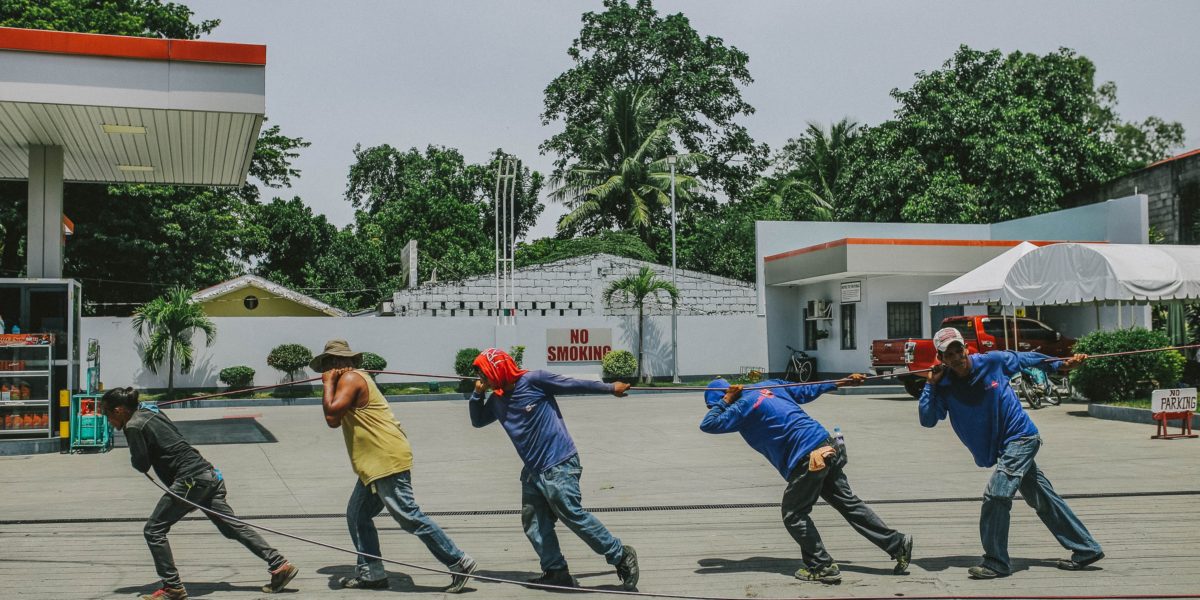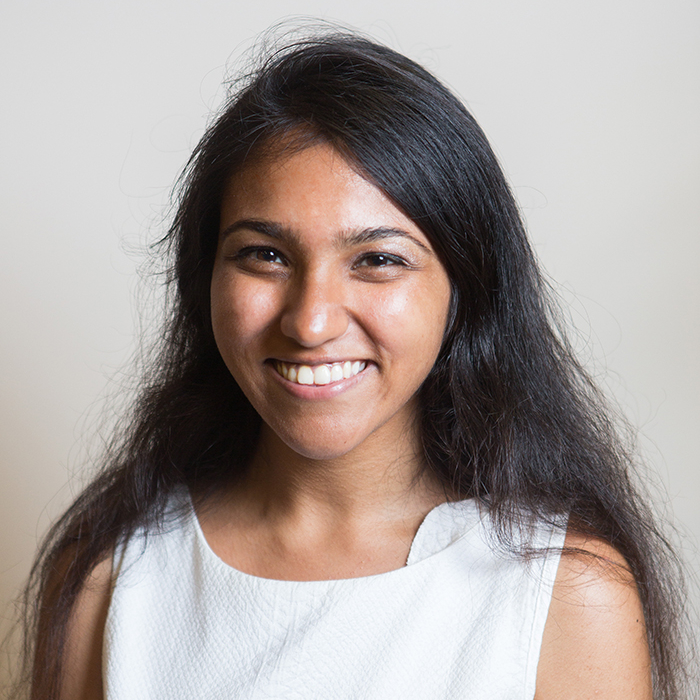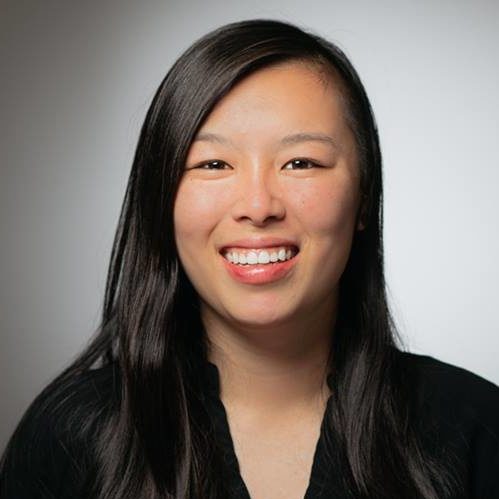
Millions of people around the work make sacrifices for a better life. With little job prospects in their home country, thousands of people from south and southeast Asia migrate to the United Arab Emirates in search of prosperity.
Typically, Asian migrant workers work blue-collar jobs, such as construction and janitorial jobs. Many migrant workers are also hired as domestic workers, like maids or nannies. Oftentimes, these migrant workers leave their own families to work for other families. Migrant workers are the backbone of the UAE’s society; however, they are treated very poorly.
Due to the influx of wealth and the constant modernization, or Westernization if you will, many gulf countries, such as the UAE, need a large number of workers to meet the demands of construction. Construction companies, hired by the wealthy of Emirates, do not want to pay high wages for construction — that’s just bad business practice. They often look for cheap labor sources, such as workers from developing, poorer, countries.
Why should we, in the United States, care about the plight of migrant workers in a country thousands of miles away? This is an issue that extends and originates beyond the UAE.
Most of these workers come from South Asian countries, such as India, Pakistan, Bangladesh, and Nepal, and other Asian countries, such as the Philippines. In UAE, these workers are commonly known as migrant workers. The majority of these migrant workers take jobs in the UAE so they can provide for their families back in their home country. Migrating to a new country can be stressful, yet migrant workers to the UAE often navigate this process without the support of family and friends.
According to research done by the Gulf Labour Markets and Migration Migration Policy Center, there are about 7 million migrant workers in the UAE. The population of the United Arab Emirates is a little over eight million. Roughly, seven out of eight people in the UAE are migrant workers. This makes them a majority group in the country, even though they are considered minority group in the country.
Even though migrants make up most of the population, they have very few rights. This stems from the fact that migrants workers are not granted citizenship in the UAE, in order to become a citizen one must either be ethnically Emirati, the minority group in the country. Emirati citizens only make up a tiny portion of population, but they are afforded many more rights than migrant workers.
Migrant workers are generally not protected by many laws because they have to sign contracts, in languages they do not understand, which are recognized by Emirati law. Once a migrant worker signs a contract, they are then subject to those conditions and treatments of the law. Workers are forced to live in crowded “dorms,” unhygienic conditions, work long hours, and earn low wages.
It is our job, as the privileged diaspora, to bring light and help combat issues when others, who are just like us, are suffering.
Why should we, in the United States, care about the plight of migrant workers in a country thousands of miles away? This is an issue that extends and originates beyond the UAE.
This rapid need for modernization and consumerism is a byproduct of Westernization. We, as a diaspora, need to care about the working conditions of other diaspora, because we often benefit from the treatment and the exploitation of other diaspora. It is our job, as the privileged diaspora, to bring light and help combat issues when others, who are just like us, are suffering.
This is another representation of the model minority myth. The idea is that Asian Americans are the “ideal minority” — that Asians in the United States are acceptable because they are highly educated and highly skilled. They possess skills and attributes that are considered desirable, whereas other diaspora, in countries like the UAE, are only seen as tools. It is our job to use our privilege to help and uplift those who face injustice.






